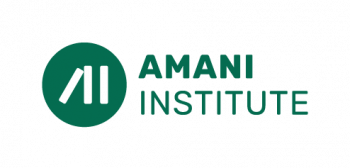The 2022 immersion phase of the program runs in a major hub of social Innovation: Nairobi, which is a cosmopolitan city with a unique vibrant culture, a never-ending choice of social activities, and beautiful surrounding countryside. Fellows will find a global center for entrepreneurship, innovation, and sustainable development. Throughout the program, students will be able to interact with a wide array of actors and learn about the history, society, and state of development in the country. Hundreds of major non-profit organizations, UN programs and social businesses are headquartered in Kenya’s capital city, addressing the entire range of social problems from poverty alleviation to human rights to climate change.




